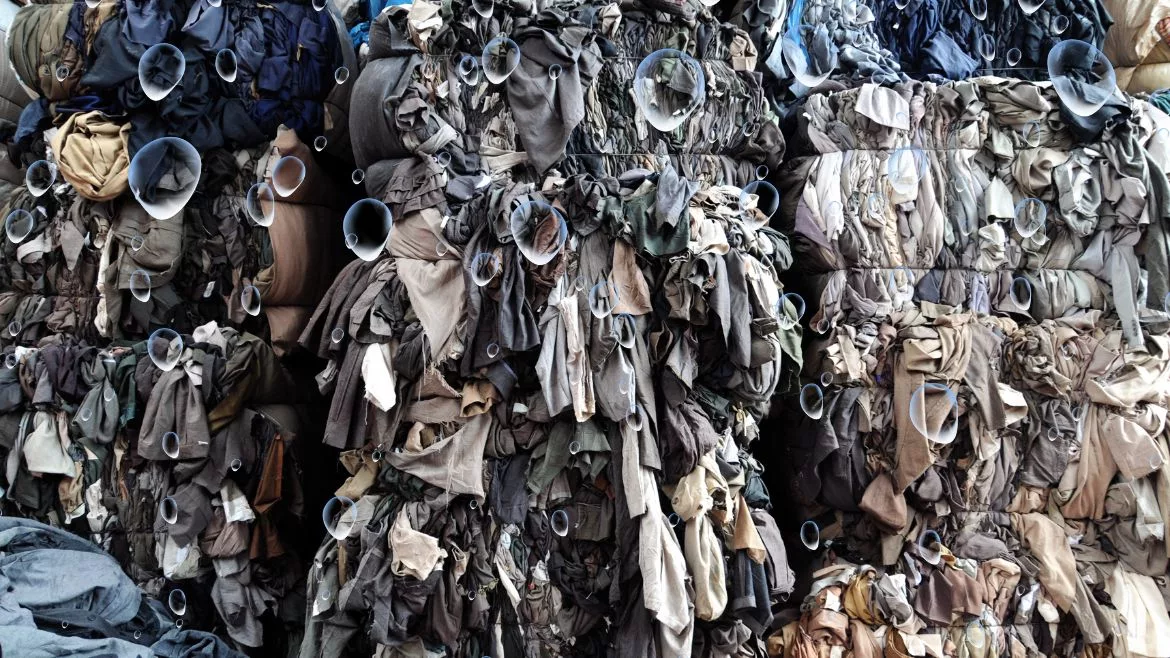News
PFAS Contamination From Textile Industry Threatens Water Resources

The water well drilling industry is facing a growing concern as recent research uncovers dangerous levels of toxic per- and polyfluoroalkyl substances (PFAS) in waterways near textile manufacturing hubs, highlighting the industry's ongoing environmental negligence. This revelation comes from a study conducted in Bangladesh, a major global center for garment production, where PFAS were detected in 87% of surface water samples and three out of four tap water samples.
PFAS, or "forever chemicals," are notorious for their persistence in the environment. As we've emphasized time and time again in The Driller Newscast and our PFAS features, these chemicals do not break down easily and have been linked to severe health risks, including cancer and reproductive issues, even at low exposure levels. The contamination discovered in Bangladesh is particularly troubling because the affected water bodies are crucial sources for irrigation, agriculture, industrial activities, and drinking water. This could pose a severe threat to the water well drilling industry worldwide as these garment factories span every country and are likely causing the same issues for our water sources and groundwater in America.
Shahriar Hossain, the study's lead author, emphasized the gravity of the situation: "We found that water is contaminated with highly toxic chemicals and consider this a big problem that needs to be addressed." This sentiment is echoed by Siddika Sultana, executive director of the Environment and Social Development Organization, who added, "The fashion export industry should not get a free pass to contaminate our rivers, lakes, and taps with PFAS."
As PFAS contamination spreads, drillers must navigate increasingly polluted water tables, raising operational and regulatory challenges. The persistence of PFAS in the environment also complicates efforts to provide safe drinking water, as these chemicals are difficult to remove once they enter water systems. We are already seeing the effects of this on a national and, furthermore, global scale.
The fashion brands implicated in the study—Benetton, C&A, Calvin Klein, H&M, Marks & Spencer, Sainsbury's, and Zara—are under scrutiny for their role in perpetuating PFAS pollution. The study's authors argue that these companies, given their market influence, have a responsibility to demand PFAS-free products and enforce stricter environmental standards within their supply chains. This also highlights the responsibilities of all major corporations to adhere to PFAS regulations. The question now is how the big players in every industry will respond to demands from those who protect our people and our environment, such as the EPA and water conservationists.
The water well drilling industry, along with environmental advocates, must push for stronger regulations and corporate accountability to prevent further contamination and protect vital water resources.
As PFAS contamination becomes an increasing threat to the water well drilling and water conservation sectors, it is crucial for industry professionals to stay informed and advocate for the elimination of these harmful substances from the supply chain. The future of safe and sustainable water resources depends on collective action and stringent enforcement of environmental protections.
Looking for a reprint of this article?
From high-res PDFs to custom plaques, order your copy today!







